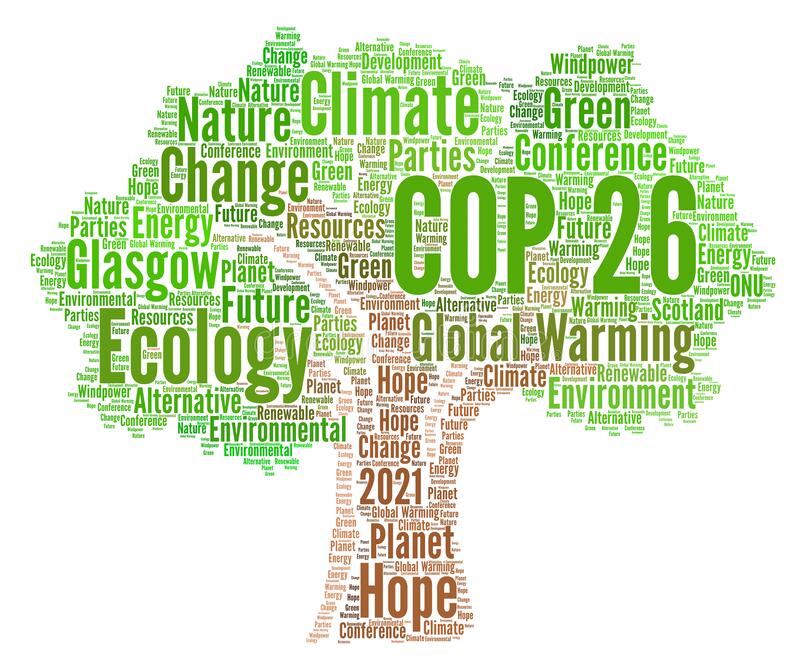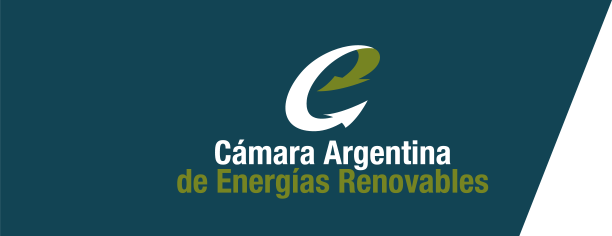
From October 31 to November 12, representatives from all continents will meet in Glasgow, United Kingdom, to participate in the Conference of the Parties to the 26th United Nations Convention on Climate Change, better known as COP26. This event represents a unique opportunity to agree on more ambitious and radical measures to confront the climate crisis that puts nature and people at risk.
CADER (Renewable Energies Argentine Chamber) is a non-profit association aimed at promoting the sustainable development of the energy market from renewable sources, including bioenergy, wind power, solar power, geothermal power, small hydroelectric plants, tidal power and wave power.
Founded 13 years ago, CADER is a reference in the industry of renewable energy in Argentina, and it acts as a coordination and interaction body among a wide spectrum of actors: country authorities, business community, society, trade unions, academic institutions. It is a key player which enables the dialog for the current and future development of power enterprises.
CADER participates in COP26 as a signatory of the Alliance for Climate Action Argentina, which is a movement of key actors, made up of universities, provincial and municipal governments, companies, and representatives of civil society, who have shown real commitment to climate action. These actors seek to catalyze their impact and commitment through the design and implementation of joint and coordinated actions that contribute to the accelerated fulfillment of Argentina’s Nationally Determined Contribution (NDC). In turn, the Alliance seeks to generate the knowledge, opportunities, and examples to begin to close the current gap that separates ambition from the implementation of global agreements.
Alliance for Climate Action Argentina Energy Policy Brief-spanish version.
The Alliances for Climate Action (ACAs) are a global initiative of the World Wide Fund For Nature (WWF), Fundación Avina, CDP, C40, CAN, The Climate Group and We Mean Business. These Alliances seek to articulate and strengthen local actors to accelerate the transition to low-carbon and climate-resilient societies by implementing and accelerating Nationally Determined Contributions (NDCs).
The energy sector in Argentina represents more than 50% of Argentina’s greenhouse gas (GHG) emissions, making it a strategic sector to achieve the emission reduction goals for 2030 and decarbonization for 2050. Therefore, we trust that during COP26 we will reach agreements and strategic alliances that will allow us to get closer to achieving the objectives.
Argentina has unbeatable natural resources for the development of renewable energies, which place it among the countries with the greatest potential worldwide for their development. However, it is necessary to identify the barriers and obstacles that currently do not allow its full development.
For this, CADER has worked during 2020 in the preparation of studies and reports, which allow us to have a broader vision of the needs of the sector and its real potential.
With the support of the British Embassy in Buenos Aires, we have developed the following reports, available for download:
- Renewables Energies in Argentina, Challenges and Opportunities within the context of the global energy transition.
- Technical and economic evaluation of priority extensions to increase the injection capacity of renewable energies in the Argentine Interconnection System (SADI).
- Opportunities for the development of Green Hydrogen in Argentina and its contribution to the acceleration of the energy transition. (coming soon)
We can mention that the conclusions of these studies indicate that:
- The country has the opportunity to consolidate renewable energy as a government policy . A long term vision must reconcile the current NDC with the horizon of Law 27191 to achieve a use target of 30% by 2030.
- Argentina needs an energy roadmap combining the incentives of the government sector and the private sector, providing a horizon of visibility by 2030 and 2050.
- The long-term federal plan requires alignment of the various energy sources based on the sustainable development objectives of the national economy and the international commitments made by the country.
We invite you to contact CADER and join us in the enormous challenge that we have, together, to meet the objectives established in the Paris Agreement and achieve the decarbonization of electricity generation based on a clean and fair transition.


